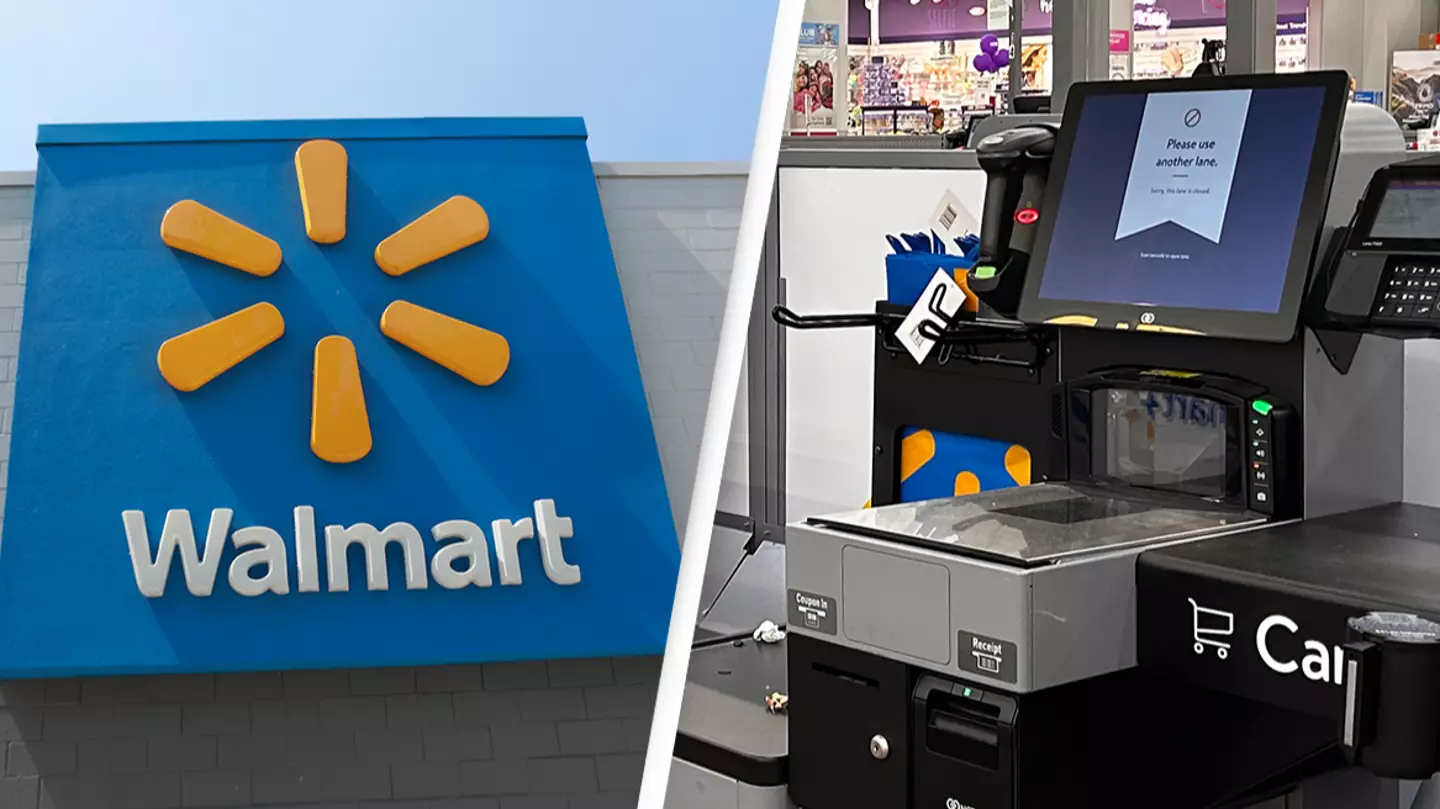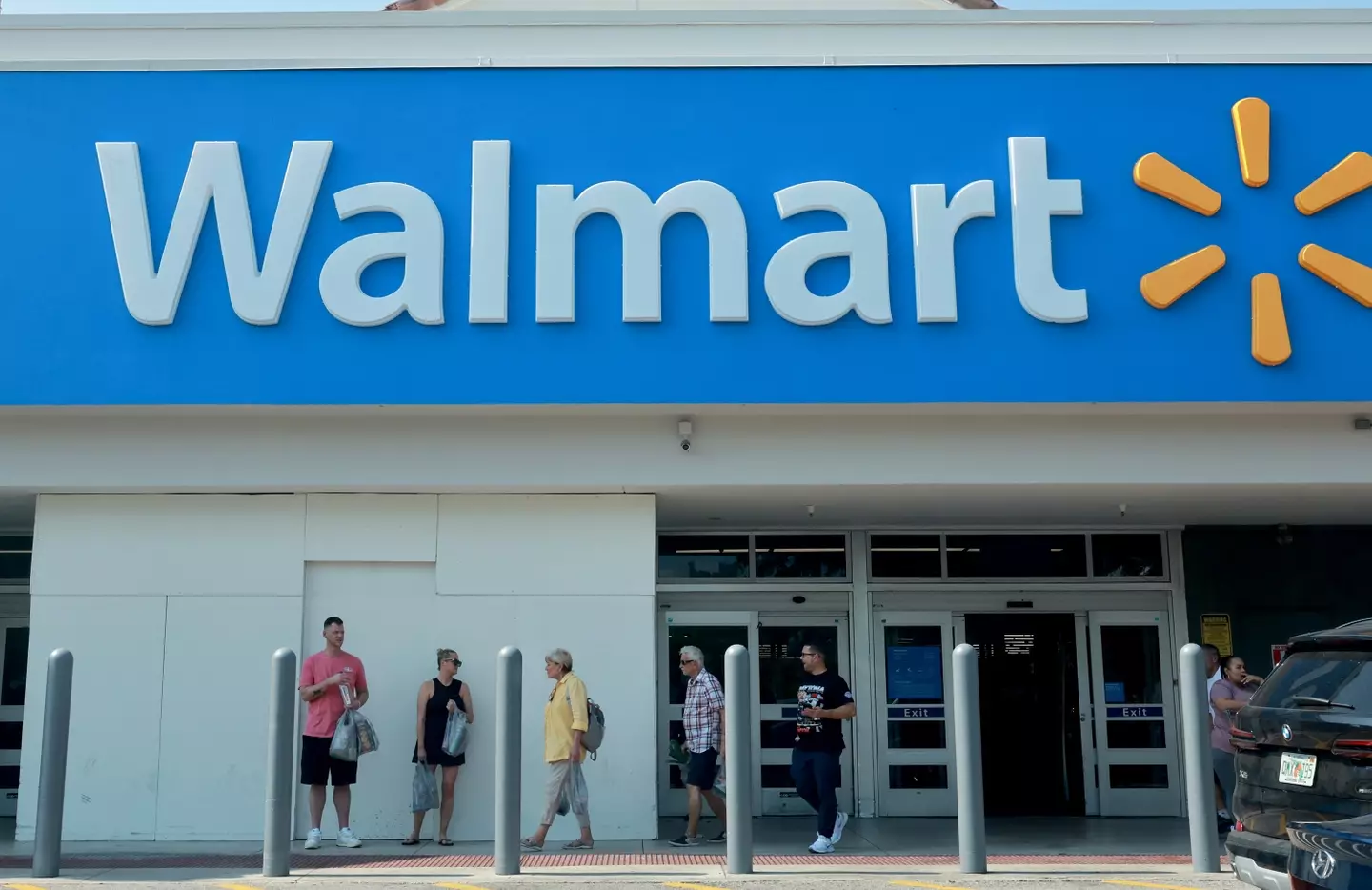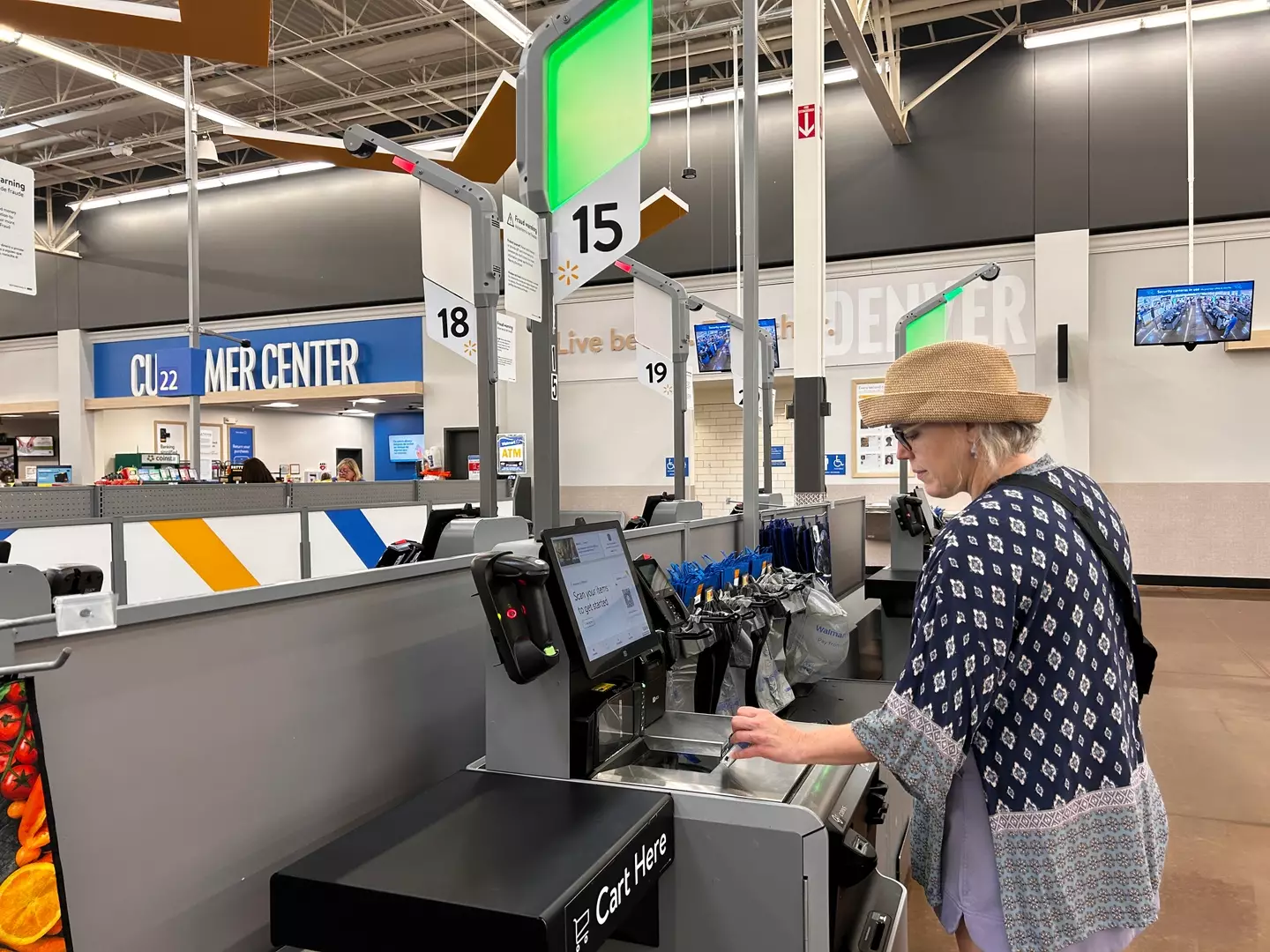
If you've visited Walmart recently then you might be in luck, because a technical glitch in the company's self-checkout system means many customers are getting some money back.
It's not so good news for Walmart itself, as the error was reported to have begun on 19 March and lasted for multiple days.
According to files reported by Bloomberg, the company suffered an internal system failure which prompted self-checkout stands to show prices that were sometimes higher or lower than listed.
The issue affected everything from food to clothes and appliances available in the store, and was still ongoing two days after the failure took place.
Advert
Mischa Dunton, a spokesperson for Walmart, said the problems were caused by some product information failing to update in the system that powers self-checkouts in 'select stores across the country'.
Dunton did not say what caused the failure, but assured that Walmart’s traditional checkouts and online store weren’t affected.
On average, the 'potential overcharge' was 1.88 percent of the 'total basket size of the customers who used self-checkout in an affected store', Dunton said.
A spokesperson for Walmart told UNILAD: "We work hard to provide the everyday low prices our customers expect from us. In mid-March, we discovered an issue and focused on correcting where there were potential overcharges."
Advert

Technology staff at Walmart fixed the issue, but the impacts were far-reaching as it affected 1,600 Walmart stores in the US.
More than 80 percent of the customers who were overcharged were reimbursed after the incident, but legal experts cited by Bloomberg have warned that the company could still be in breach of state and federal consumer protection laws.
Christopher Peterson, a former attorney with the US Consumer Financial Protection Bureau, said that if the overcharges are verified they would be 'clearly illegal under the consumer protection laws of just about every state and the federal government'.
Advert
“Because Walmart is such a large retailer, even a small mistake like this can cause millions and millions of dollars of illegal overcharges,” Peterson said, adding that the company could still be exposed to legal or regulatory action despite reimbursing customers.
Walmart did not take any action with regard to the customers who had been undercharged for their items during the failure.
The statement to UNILAD continued: "We’ve made it a priority to refund customers who were overcharged, and we did not take action on the undercharges with our customers.
"Our priority is always doing right by our customers and members, and ensuring they trust us to deliver a great assortment at great prices every time they choose to shop with us."
Advert

Bill Kovacic, a professor at George Washington University Law School and former chairman of the Federal Trade Commission, told Bloomberg that state and federal authorities are likely to consider two factors when deciding whether to take action.
First, they'll want to see Walmart making a 'good-faith' effort to refund those who were overcharged, and secondly they'll expect to see a 'rigorous examination' into the cause of the issue.